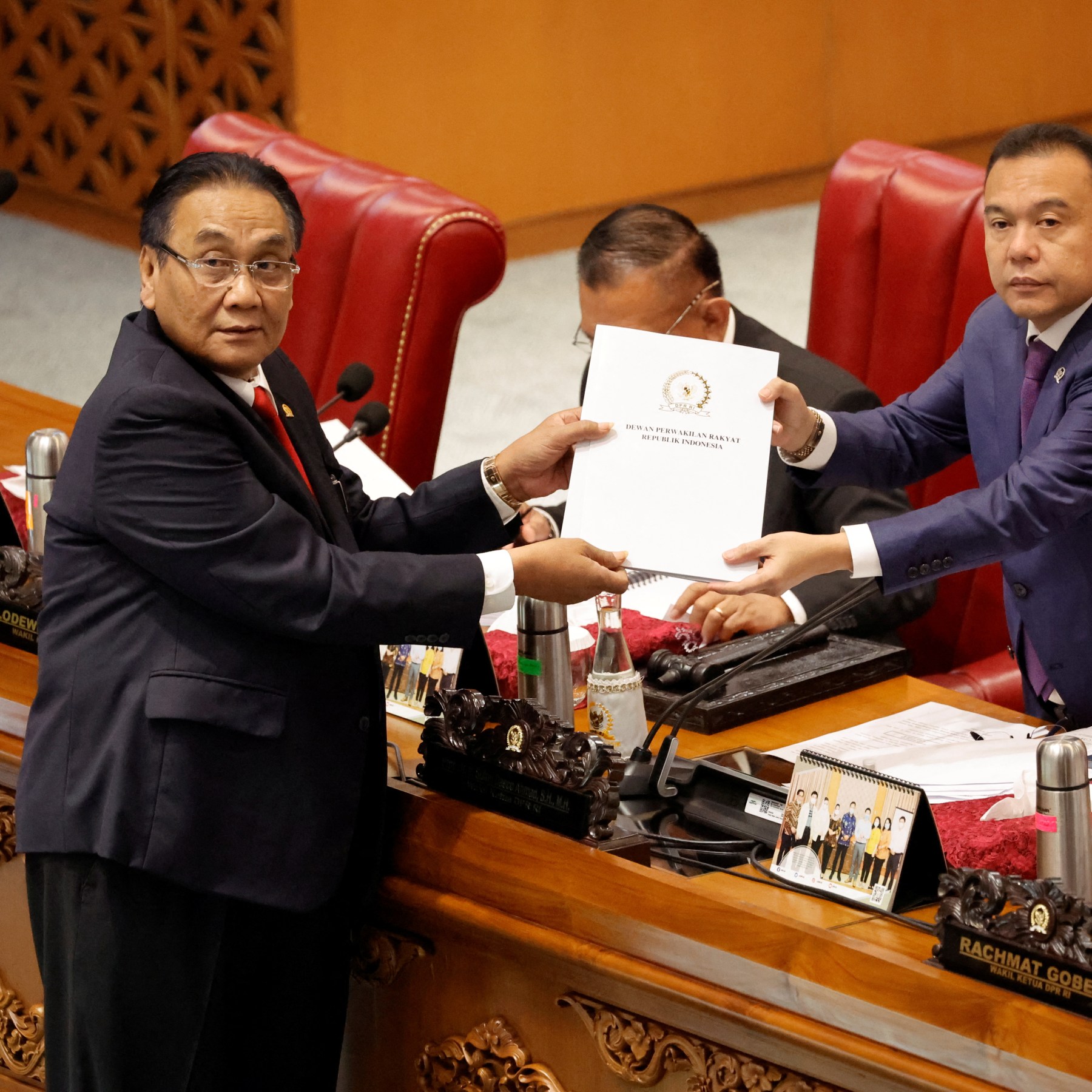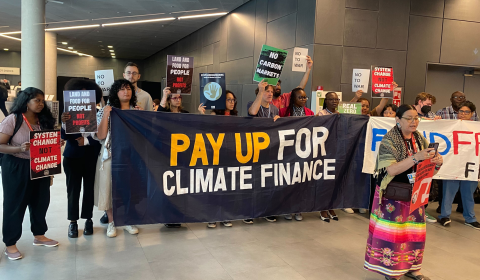Indonesia’s parliament has approved a controversial new criminal code that bans both locals and foreigners from extramarital sex. Critics view the move as a ‘disaster’ for human rights, and a potential blow to the country’s booming tourism sector.
Following years of parliamentary discussions and heated public debate, Indonesia has just passed a controversial new criminal code that critics say is a dramatic setback to freedoms in the world’s third-largest democracy.
Under the draconian legislation, parents, children, or spouses will be able to report unmarried couples to the police if they suspect them of having sex outside wedlock.
If those reported are found guilty, they will face punishment of up to twelve months in prison.
‘The aim is to protect the institution of marriage and Indonesian values,’ said Albert Aries, a spokesperson for Indonesia’s justice ministry, at the time of the announcement.

‘While at the same time being able to protect the privacy of the community and also negate the rights of the public or other third parties to report this matter or ‘playing judge’ on behalf of morality.’
The move, which many deem a nod to moral policing, underscores the increasing conservatism of a country long hailed for its religious tolerance, with secularism enshrined in its constitution.
There are also fears that it could be used to target members of the LGBTQ+ community, given that public flogging already takes place in the region for a range of offences including homosexuality and adultery.
A previous draft was set to be passed in 2019 but the vote was postponed after thousands of protesters, mostly students, took to the streets demanding the government withdraw it.

‘What we’re witnessing is a significant blow to Indonesia’s hard-won progress in protecting human rights and fundamental freedoms after the 1998 revolution,’ says Amnesty International Indonesia director, Usman Hamid, who believes the expansions on existing laws will have a ‘chilling effect’ on free speech.





















